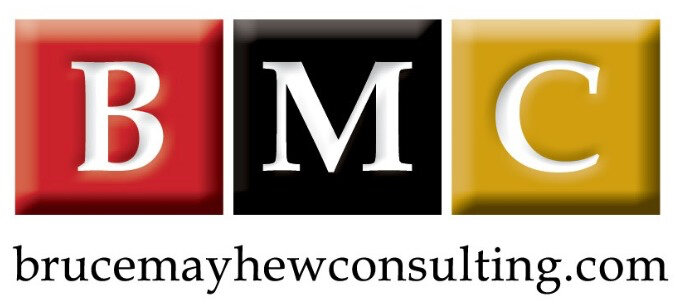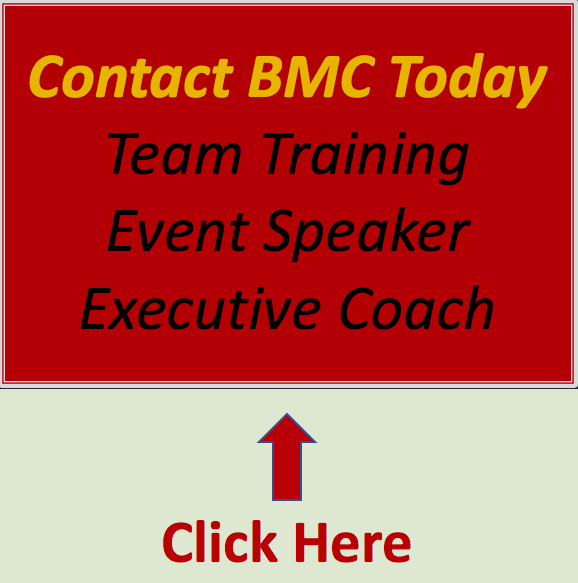Is Procrastination An Enemy of Time Management?
/Some feel procrastination is an enemy of Time Management. I don’t necessarily see it that way.
Procrastination doesn’t always mean you waste endless hours watching cat videos or American Idol on YouTube. Certainly, excessive procrastination is a bad thing, but hey, excessive anything is a bad thing. Assuming you can find balance, I think procrastination is actually helpful.
Let’s all get on the same page by defining procrastination. I define procrastination as, “When you intentionally avoid doing something important you should be doing.” The important word here is intentionally because that suggests a level of control.
Study after study has demonstrated that long hours doing the same thing actually lowers a person’s creativity and performance / productivity… not to mention workplace satisfaction and loyalty. Instead of spending long hours behind a desk or doing the same thing, taking a walk or a mental break to enjoy a fun online video can do a person – and a project good.
The important thing with procrastination is to be aware and to use procrastination to your advantage. For example; manage your own expectations by consciously procrastinating (take that break), for a set period of time – say 10 or 15 minutes and then get back to your important work. Procrastination is bad when a person intentionally procrastinates to avoid doing work they are responsible for. At that point procrastination does become the enemy of time management.
At an organizational level, bad procrastination takes many forms. Most often it looks like:
Email that routine and perhaps could be answered later or by someone else
Meetings that are interesting but not critical to the work you have to do to meet your top three priorities
Saying yes to someone who asks for your help and immediately dropping all of your work
Working on someone else’s crisis while putting your deadlines at risk
Excessive ‘friendly’ discussions about weekends, movies, politics or other unrelated tasks
Doing anything except for the work you should be doing because you don’t enjoy the work you should be doing
It’s when these activities take up (in total), more than 20% of your time that you have to watch out for the negative impact of procrastination.
Conclusion
As I suggested earlier, if any of these examples are conscious choices and you put a limited timeline on them (even the last one), I believe they are helpful. Even friendly discussions with your coworkers and/or suppliers are good because they build friendly relationships and trust which in the long run actually improves collaboration and productivity.
Final thought: if you routinely get to the end of a day and have not accomplished anything significant from your To-Do list, you may have a serious procrastination problem.
Thank you for your time.
Bruce
About Bruce and Bruce Mayhew Consulting.
Toronto corporate trainer Bruce Mayhew Consulting (BMC) creates customized professional development courses at our Canadian management central office in Toronto. We specialize in Leadership, Communication and other soft skills training solutions.
BMC helps your greatest assets think productive and be productive.
Bruce is an experienced motivational speaker in Toronto and has inspired audiences across Canada and within the USA and the UK. Bruce works hard to always make sure your training event, conference, retreat, or annual general meeting is a success.
Learn more about how you and your organization can benefit from our communication skills courses email us by clicking here or one call does it all at 416.617.0462.
Bruce Mayhew Consulting's most popular programs are Email Writing Training, Leadership & New Leadership Development, Difficult Conversations, Generational Differences / Millennials At Work, Time Management Training and more.



